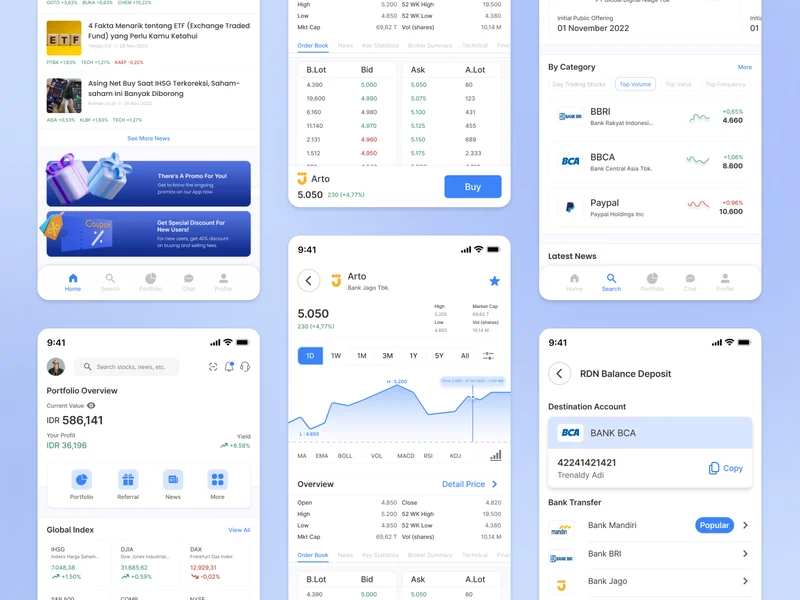Of course. Here is the feature article, written from the persona of Dr. Aris Thorne.
*
You look at the stock market tickers and you see a bloodbath. AppLovin (APP), one of the brightest stars in the AI universe, plummets 14% in a single day. The headlines scream about an SEC probe, about shadowy data collection, about short-sellers circling like vultures. The immediate reaction is fear. It’s the classic story of a tech giant flying too close to the sun, its wings of innovation melted by the heat of regulation.
But that’s not the story I see. When I read about the AppLovin stock tanks on report SEC is investigating company over data-collection practices, I honestly just sat back in my chair, and my first thought wasn't about the money or the market panic. It was: Finally. This is the conversation we’ve been needing to have. This isn’t a crisis; it’s a collision. It’s the raw, messy, and absolutely necessary moment when a 21st-century intelligence engine smashes headfirst into a 20th-century rulebook. And believe me, the sparks are going to illuminate the path forward for everyone.
The Ghost in the Machine
Before we get tangled in the regulatory weeds, let’s take a step back and appreciate the sheer elegance of what companies like AppLovin have built. Most people hear “ad-tech” and their eyes glaze over. They imagine pop-up banners and annoying videos. That’s not what this is. What we’re talking about is a predictive AI system of breathtaking complexity.
Imagine all the data created by our digital lives—every swipe, every click, every moment spent in an app—as tiny streams of water trickling down a mountain. Individually, they’re insignificant. But AppLovin built the equivalent of a massive hydroelectric dam. It collects these countless streams into a single, roaring river of information and runs it through the turbines of its AI. The electricity it generates isn’t for your home; it’s a current of pure insight. This system doesn’t just guess what you might like; it builds a dynamic, real-time model of collective human interest. It’s a form of hyper-efficient digital matchmaking—in simpler terms, it’s a system that knows which app or product you’ll connect with next, often before you do.

This is why the `app stock price` soared more than 700% in 2024. It’s why the company was just added to the S&P 500. This isn't just about selling ads better; it’s about making the digital world more relevant, reducing the noise and connecting creators with the exact audience that needs them. It's the kind of technology that powers a more efficient and personalized internet for all of us. But when you build something that powerful, that new, you inevitably outpace the language we use to describe it and the laws we use to govern it.
Inventing the Rules of a New Road
The SEC probe, spurred by reports from short-sellers like Muddy Waters, hinges on accusations that the company “improperly extracts” user data. And that single phrase, “improperly extracts,” is where the entire debate lives. It’s a 20th-century term for a 21st-century process. What does it even mean? We’re not talking about someone breaking into a file cabinet. We’re talking about an AI synthesizing trillions of anonymous data points to infer patterns—the speed and scale of this is just staggering, it means the gap between an action and an insight is closing so fast that our old definitions of cause and effect are becoming obsolete.
This is exactly like the dawn of the automobile. When the first cars hit the streets, there were no traffic lights, no speed limits, no driver’s licenses. The rules of the road were written for horses and buggies. The first attempts to regulate these new machines must have seemed absurd. And that’s what we’re witnessing right now. Is the SEC’s investigation a genuine attempt to protect consumers, or is it the town sheriff trying to write a speeding ticket for a vehicle that moves faster than he can comprehend?
The short-sellers are asking a valid question, but perhaps the wrong one. The question isn't just, "Did AppLovin violate a rule written in the era of dial-up?" The bigger, more important questions are: What should the rules be for an AI-driven world? Does clicking a "cookie consent" box—a box no one truly reads—constitute meaningful permission in 2025? How do we design regulations that can keep pace with exponential technological growth without strangling the very innovation that drives our economy forward, the kind that has turned companies like NVIDIA into household names with soaring `nvda stock`? This probe forces that conversation into the open.
The Necessary Friction of Progress
Let's be clear: this isn't a death knell for AppLovin, nor is it a sign that the AI-powered `stock market` is a bubble about to burst. This is a maturation point. This is friction. And friction is how you create fire, how you generate heat, and how you polish a rough stone into a gem.
The legal and ethical frameworks for our digital world are being written right now, in the headlines and in the courtrooms. The companies that lean into this moment with transparency, that help educate regulators and the public, will be the ones that build unshakeable trust. They will become the bedrock of the next-generation economy, the `Google stock` or `Amazon stock` of their time. The ones that hide will become footnotes.
This probe isn't the end of a story. It's the beginning of a far more important one: the story of how we, as a society, learn to live with, and responsibly harness, intelligences far more complex than any we have ever built before. And that is a future I am genuinely excited to help build.
